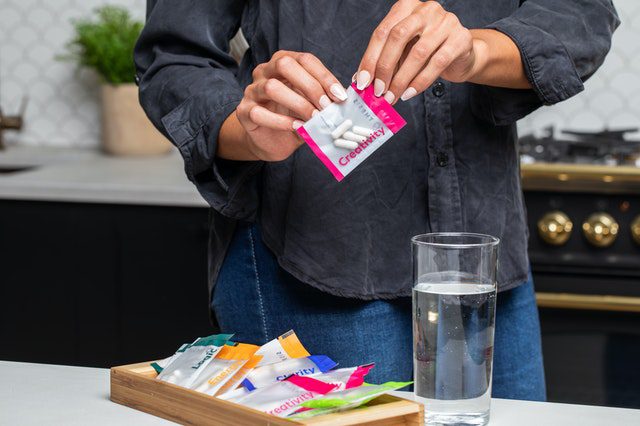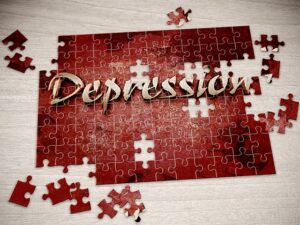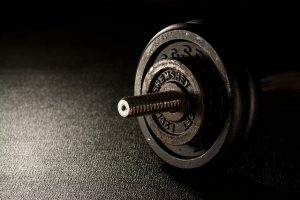Nootropic supplements are often used to enhance memory, boost cognitive function, and improve learning. They majorly consist of natural ingredients such as ginseng and Ginkgo biloba extract. Apart from optimizing your brain’s performance, nootropics are also used to trigger creativity, focus, and motivation.
If you’re looking for the perfect nootropic supplement for your personal use or perhaps even seen articles about Noopept benefits and effects, it’s important to check the ingredients list. Finding a private-label supplement manufacturer that uses high-quality ingredients is essential to get the desired results. There are four key ingredients that you should look for in your preferred supplement. These ingredients include L-theanine, Ginkgo biloba, caffeine, and Rhodiola Rosea. These natural components are scientifically proven to provide powerful memory-enhancing benefits among healthy people. You can see the best nootropic pills at Timesunion.com.
Table of Contents
Are Nootropic Supplements Safe to Use?
When it comes to taking brain-altering drugs, it’s probably best to look before you leap. Nootropics are largely safe when taken mindfully. However, some individuals may experience mild side effects, including gastrointestinal upsets, headaches, anxiety, dizziness, and dry mouth. As scientists conduct more research on specific nootropic supplements, we’ll gain deeper insights into the most efficient ways to consume these supplements without encountering any negative side effects. Gladly, plenty of scientific evidence currently exists suggesting that nootropics are generally safe for most individuals. The nootropic supplements and cognition enhancers at Nootropicology are authentic and safe to use.
Let’s discuss the four main ingredients to look for in the best nootropic supplements:
L-theanine
L-theanine is an amino acid naturally found in green tea, matcha powder, and certain mushrooms. Studies have shown that L-theanine has effective calming and soothing properties that help patients get quality sleep. In addition, this amino acid helps alleviate symptoms of anxiety and depression. It can also be used to treat cognitive impairment and enhance brain function. Intriguingly, L-theanine can be derived from tea and some other caffeinated beverages. It works more effectively to boost memory when taken together with caffeine.
Ginkgo biloba

Popularly known as the Maidenhair tree, Ginkgo biloba is the last surviving Ginkgoales species native to China. This plant is rich in terpenoids and flavonoids, which are powerful antioxidants that fight inflammation-causing free radicals within the body. Gingko also helps to improve circulation within the body. This plant extract boosts blood flow to the heart, liver, brain, and other body organs by stimulating the production of nitric oxide circulating within the bloodstream. Studies also show that ginkgo helps reduce stress, anxiety, and symptoms of Alzheimer’s disease. In addition, patients suffering from dementia can experience a dramatic reduction in cognitive degeneration once they start consuming Ginkgo biloba. More importantly, Ginkgo biloba helps enhance brain function and boosts your overall well-being.
Caffeine
Caffeine is an active compound found in tea, coffee, and other popular beverages. It’s classified as a stimulant that helps improve focus and alertness. Studies suggest that caffeine can enhance certain memories and counter-memory decline naturally with age. However, more research is still needed to fully understand how caffeine boosts long-term memory. Many people rely on caffeinated drinks such as coffee to bolster their attention and wake them up in the morning. The good news is that drinking such beverages in moderation enhances cognitive health and reduces your risk of contracting liver disease and diabetes. Caffeine also jolts your central nervous system, allowing your body to ward off diseases.
Rhodiola Rosea
This perennial plant grows extensively in the mountainous zones of North America, Asia, and Europe. It contains many potent ingredients that include salidroside and rosavin. Rhodiola is classified as an adaptogen, meaning that it may help individuals cope with stress. It can be used to treat chronic stress by allowing patients to handle stressful scenarios better. In addition, this herb contains certain antidepressant compounds that help your brain maintain a delicate balance of neurotransmitters. If you’re looking to enhance cognitive function, it might help to combine proper nutrition and regular exercise with an appropriate nootropic supplement containing Rhodiola Rosea. This herb can provide long-lasting relief from fatigue and help diabetes patients manage their medical condition.
How to Choose the Best Nootropic Supplement
Apart from checking the ingredients list, here are three more tips for choosing the best nootropic supplement:
- Study customer reviews: it’s vital to check what previous customers say concerning a particular nootropic supplement. Did they experience desirable changes, or were they disappointed by the pills?
- Check servings per bottle: choose those supplements that provide suitable servings per bottle, such as a one-month supply. The dosage shouldn’t be overwhelming − a maximum of two daily pills should be enough.
- Consider price: ensure that your preferred nootropic supplement is affordable. Each bottle should cost $50 to $70 on average.
Featured Photo by Thesis from Pexels




